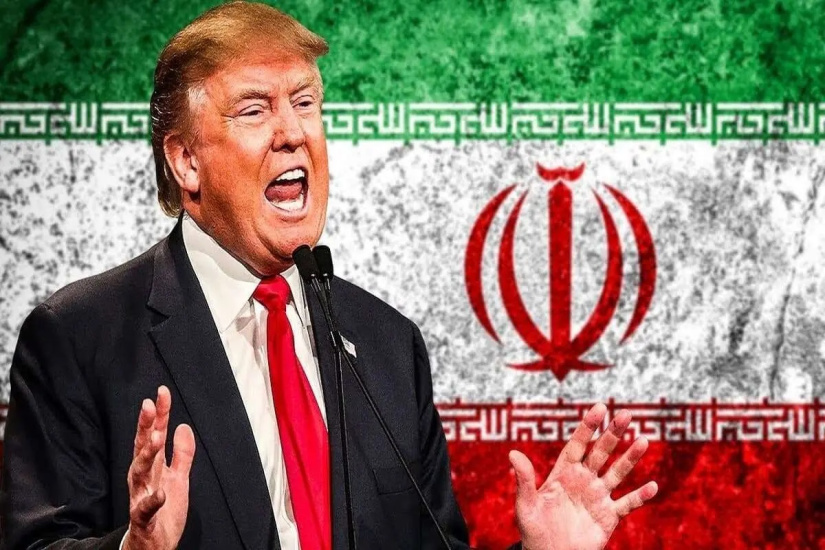Iran and the Second Trump Administration: Need For Rapprochement

Donald Trump's electoral victory as the 47th US President should be viewed by Iran as a geostrategic game-changer requiring certain foreign policy adjustments. At a time of unprecedented regional upheaval, pragmatic policy considerations in both Tehran and Washington aiming toward detente and rapprochement need to gain the upper hands over the alternative of on-going tension and escalating conflict. An ardent supporter of Israel, Trump will likely issue a carte blanche to Prime Minister Netanyahu with respect to Gaza and even Lebanon, boosting US's military support for Israel. That means the end of Biden administration pressures on Israel, irrespective of Trump's desire to see an early end of Israel's military campaign.
Of course, Gaza and Lebanon are two distinct yet inter-related issues and, therefore, it is entirely possible that the new Trump administration would welcome Iran's constructive role with respect to bringing a ceasefire between Israel and Hezbollah. The latter should not have tied its fate with Hamas in the first place, notwithstanding the indifference of the rest of the Arab world, and Iran should exert its influence to decouple Hezbollah from Hamas (which miscalculated Israel's response to its October 7th operation, with disastrous results).
On Iran's part, the country's national interests dictate the primacy of war and crisis-avoidance, security dialogue with Europe and the Arab states of Persian Gulf, and the continuation of Pezeshkian-led offer to restart the nuclear negotiations. The opposite policy of military confrontation with Israel, triggering a conflict spiral, is not in Iran's national security interest and the latter's requirement of an objective 'threat and risk analysis' can and should yield caution and prudent policy-making.
Contrary to some analyses, the present circumstance does not warrant any major reformulation of the country's national security doctrine. Iran's current proto-nuclear status is more than sufficient as a deterrent element and those who counsel leaping to the status of a full nuclear weapons state are insufficiently informed of the multiple negative ramifications, e.g., a costly arms race with Saudi Arabia, the nuclearnization of Persian Gulf region, etc.
In certain respects, the ball of US-Iran is in Iran's lap and the anti-Iran policy hawks about to re-enter the White House after Trump's stunning victory are sure to press for increased US pressure on Iran. President Pezeshkian ought to take the initiative of extending a congratulations to his US counterpart, just as the Biden administration did toward him, thus extending a small olive branch. In line with his recent New York visit where he reiterated Iran's readiness to be a force for peace in the region and beyond, President Pezeshkian should articulate the kind of policy adjustments that are needed to de-escalate tensions with the US and to retrack the troubled US-Iran relations on the healthy path of dialogue and, eventually, rapprochement.
Needless to say, there is no magical formula to end the current hostilities in the Middle East and, chances are, the present context of Iran-Israel rivalry will continue in the future. However, this does not preclude certain incremental measures to stabilize this rivalry and to prevent further bloodshed and physical destruction, which is in line with Iran's fundamental national security interests. The first step on both sides in Washington and Tehran is a moratorium on incendiary rhetoric against each other, followed by the conscious pursuit of tools of diplomacy by focusing on areas of mutual interest between US and Iran. Otherwise, it is a sure bet that a whole new chapter of bilateral hostility is on the horizon.
About the author: Kaveh Afrasiabi is a political scientist and co-author of Trump and Iran: From Containment to Confrontation

